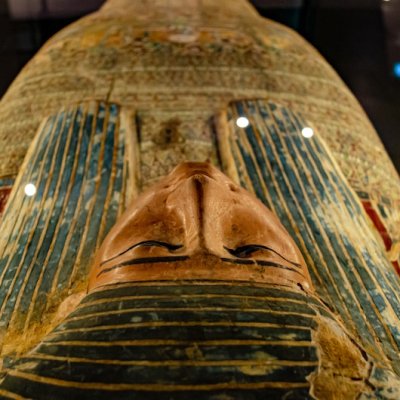bantú
- Examples
Incluso los bantúes tuvieron dificultades para obtener los diferentes certificados. | Even the Bantu had trouble obtaining the required certificates. |
La migración de los bantúes duró más de cinco siglos. | The migration of the Bantu peoples has lasted over five hundred years. |
Se observa el mismo comportamiento entre la mayoría de los bantúes. | This is the case for the majority of Bantu people. |
Entre los bantúes, además, hay dos idiomas que se denominan tanga y tangui. | Among the bantúes, also, there are two languages that are denominated tanga and tangui. |
Recordarán nuestra conversación sobre los bantúes. | You will recall our discussion about the Bantu. |
En Botswana hoy en día se hablan diversos idiomas y dialectos bantúes. | A variety of Bantu languages and dialects are spoken in Botswana today. |
Los bantúes del sur de Camerún conceden una importancia particular a la vida en comunidad. | The Bantu in Southern Cameroon give great importance to community life. |
Aquí no necesitamos bantúes. | We don't need Bantus here. |
Otros idiomas bantúes importantes que se hablan en Botswana son chiyeyi, chikiuhane, ikalanga y otjiherero. | Other prominent Bantu languages spoken in Botswana include Chiyeyi, Chikiuhane, Ikalanga and Otjiherero. |
Mali se dividió entonces en dos: de un lado, los sedentarios bantúes; del otro, los nómadas tuaregs. | Mali split into two parts–on one side the sedentary Bantus, on the other the nomadic Tuaregs. |
Las principales divisiones se establecen entre los grupos nilóticos en el norte y los grupos bantúes del sur. | The main divisions are between the Nilotic groups in the north and the Bantu groups of the south. |
Cultura Madagascar formada por dos culturas que subyacen a la gente magalasiyskogo cultura austronesia y la cultura de las tribus bantúes. | Madagascar culture shaped by two cultures that underlie magalasiyskogo people Austronesian culture and the culture of the Bantu tribes. |
El francés es el idioma oficial, mientras que las cuatro lenguas bantúes (kikongo, lingala, tshiluba, swahili) son reconocidas como lenguas nacionales. | French is the official language, while the four Bantu languages (kikongo, lingala, tshiluba, swahili) are recognized as national languages. |
Con frecuencia se dan a conocer determinadas discriminaciones de indígenas por ciertos bantúes que los consideran como sus vasallos. | There are frequent reports of discrimination against indigenous people practised by certain Bantus, who consider the former as their subordinates. |
Ya se ha eliminado de los códigos la Ley de educación de los bantúes de 1953 (Ley Nº 47 de 1953). | The Bantu Education Act 1953 (Act 47 of 1953) has since been removed from the statute books. |
La población está integrada en un 97% por bantúes y el 3% restante son pigmeos, ubanguíes o extranjeros. | Bantus accounted for 97 per cent of the population, and the remaining 3 per cent comprised pygmies, Ubangis and foreigners. |
La población del Congo se compone fundamentalmente de bantúes, a los que se suman grupos indígenas, generalmente denominados pigmeos. | The population is made up chiefly of Bantu and to a lesser degree by indigenous people, generally referred to as Pygmies. |
Estos grupos corresponden a cuatro etnias principales, a saber, los bantúes, los nilóticos, los nilohamitas y los luo. | These groups are segregated under four major ethnicities, namely, the Bantu, the Nilotics, the Nilo Hamites and the Luo. |
Estos grupos corresponden a cuatro etnias principales, a saber, los bantúes, los nilóticos, los nilohamitas y los luo. | These groups are separated into four major ethnicities, which are the Bantu, the Nilotics, the Nilo Hamites and the Luo. |
Estos grupos corresponden a cuatro etnias principales, a saber, los bantúes, los nilóticos, los nilohamitas y los luo. | These groups are segregated under four major ethnicities, which are, the Bantu, the Nilotics, the Nilo Hamites and the Luo. |
Random Word
Roll the dice and learn a new word now!
Want to Learn Spanish?
Spanish learning for everyone. For free.












